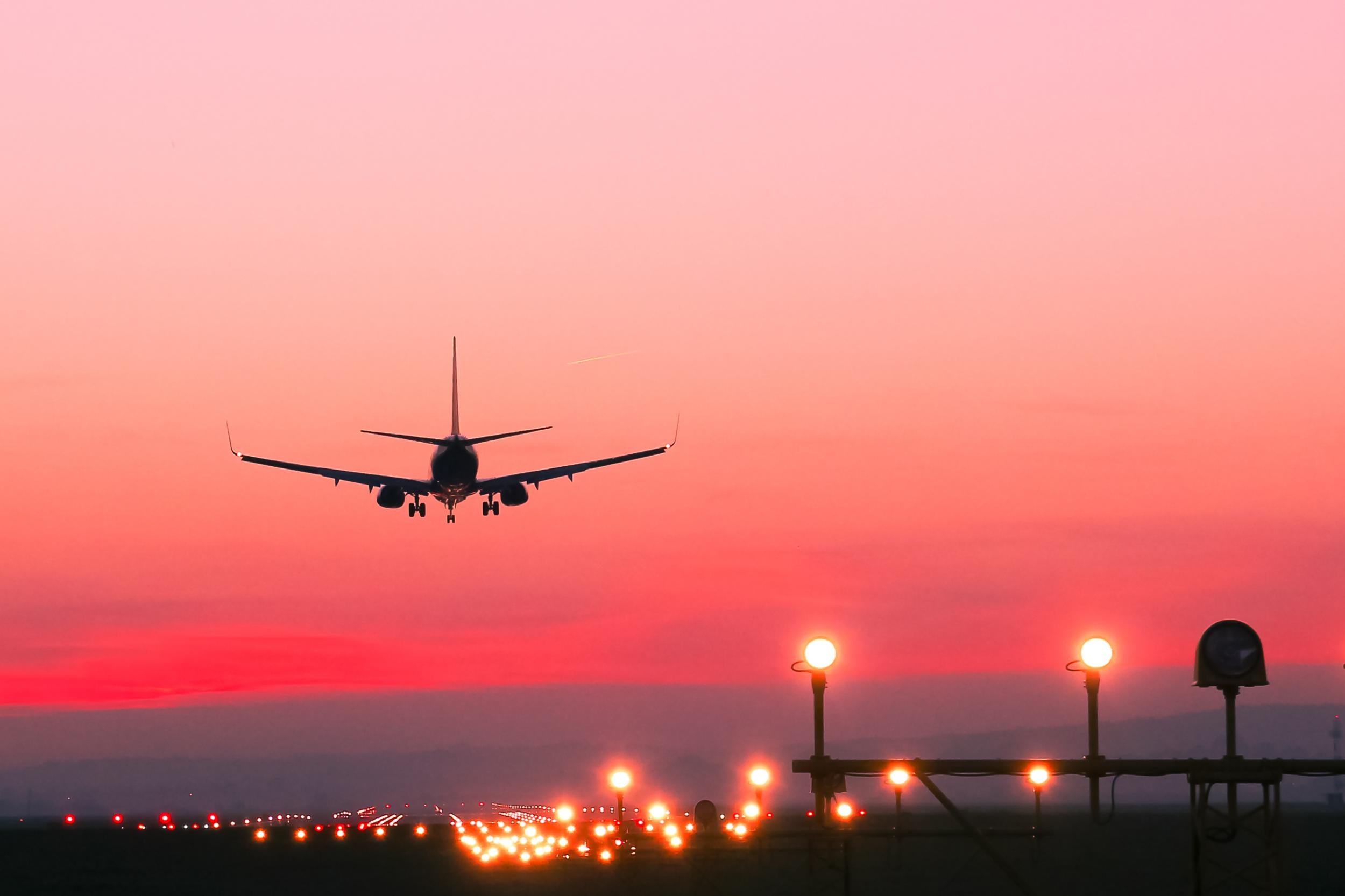Air travel growth slows to lowest rate in a decade
The figures come amid a growing campaign around flight shame in Europe

Your support helps us to tell the story
From reproductive rights to climate change to Big Tech, The Independent is on the ground when the story is developing. Whether it's investigating the financials of Elon Musk's pro-Trump PAC or producing our latest documentary, 'The A Word', which shines a light on the American women fighting for reproductive rights, we know how important it is to parse out the facts from the messaging.
At such a critical moment in US history, we need reporters on the ground. Your donation allows us to keep sending journalists to speak to both sides of the story.
The Independent is trusted by Americans across the entire political spectrum. And unlike many other quality news outlets, we choose not to lock Americans out of our reporting and analysis with paywalls. We believe quality journalism should be available to everyone, paid for by those who can afford it.
Your support makes all the difference.Growth in the number of people flying last year slowed to its lowest rate in a decade, according to new figures.
Data from the International Air Transport Association (Iata) shows that passenger demand around the world in 2019 rose by 4.2 per cent compared to 2018, when annual growth was 7.3 per cent.
The slowdown marks the first year since 2009 when passenger demand sunk beneath the long-term average growth rate of 5.5 per cent.
The load factor – a measure of how full each flight is – rose 0.7 per cent to a record high of 82.6 per cent last year, Iata said.
The figures come amid a perky campaign around flygskam, or flight shame, which has swept Europe and led to a bounce in international train travel for countries including The Netherlands and Sweden.
The slowdown in growth was down to a “number of challenges”, according to Alexandre de Juniac, Iata’s director general and CEO.
“A softer economic backdrop, weak global trade activity, and political and geopolitical tensions took their toll on demand,” he said.
“Astute capacity management, and the effects of the 737 MAX grounding, contributed to another record load factor, helping the industry to manage through weaker demand and improving environmental performance.”
Demand for air traffic across all regions slowed down last year.
Notably, traffic for airlines in Asia-Pacific jumped 4.5 per cent last year, down from 8.5 per cent in 2018, reflecting the impact of the US-China trade war, according to Iata.
In Europe, where the flight shame campaign began, carriers saw a 4.4 per cent rise in traffic, down from 7.5 per cent growth in 2018.
The Iata chief also mentioned the new coronavirus outbreak, which has so far killed more than 500 people, mainly in China, and forced a number of travel restrictions for mainland Chinese travellers from airlines and governments.
“From our experience of past outbreaks, airlines have well-developed standards and best practices to keep travel safe. And airlines are assisting the World Health Organization (WHO) and public health authorities in efforts to contain the outbreak in line with the International Health Regulations,” added Mr de Juniac.
“There currently is no advice from WHO to restrict travel or trade. But it is clear that demand has fallen on routes associated with China, and airlines are responding to this by cutting capacity for both domestic and international China. The situation is evolving fast, but we are observing significant schedules adjustments for February.”
Join our commenting forum
Join thought-provoking conversations, follow other Independent readers and see their replies
Comments